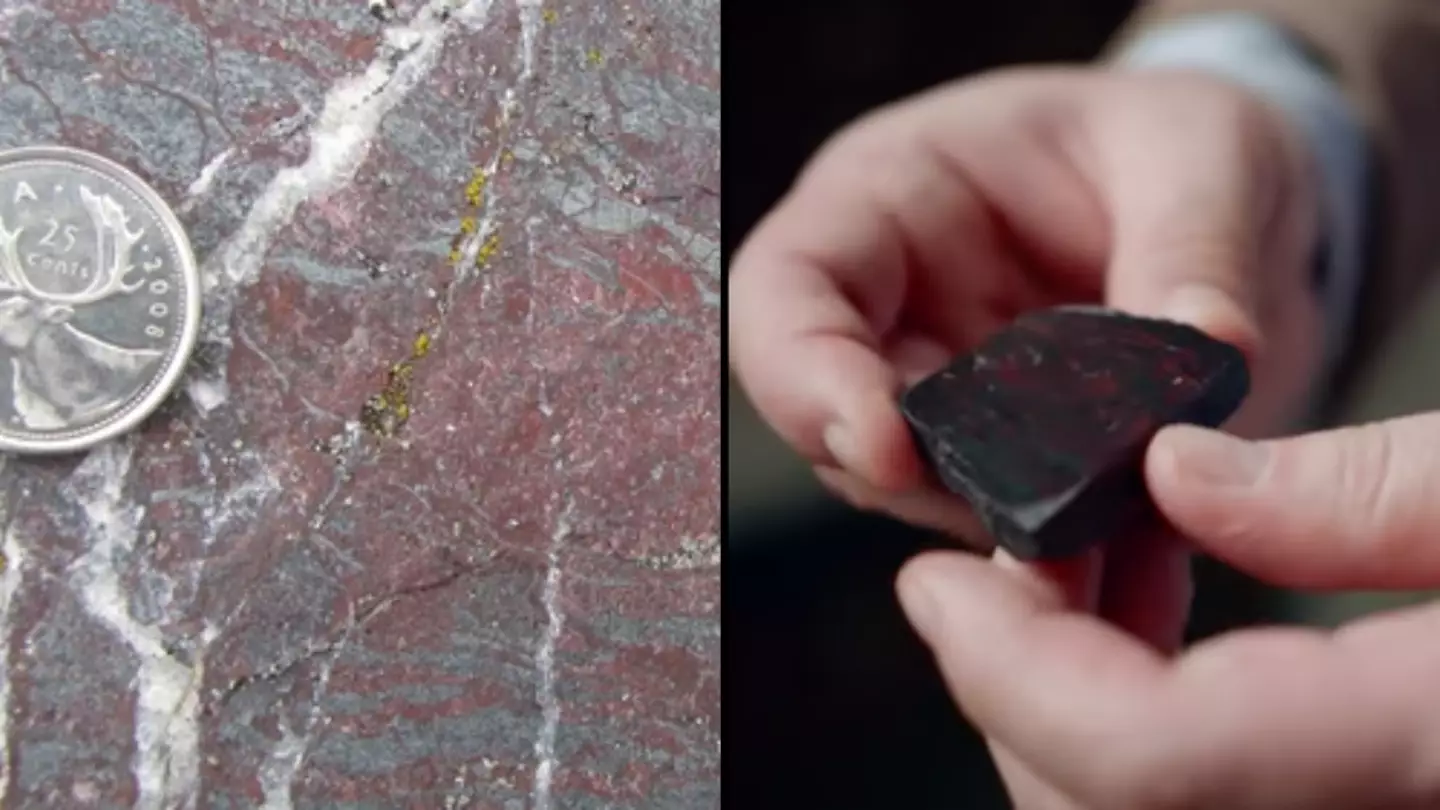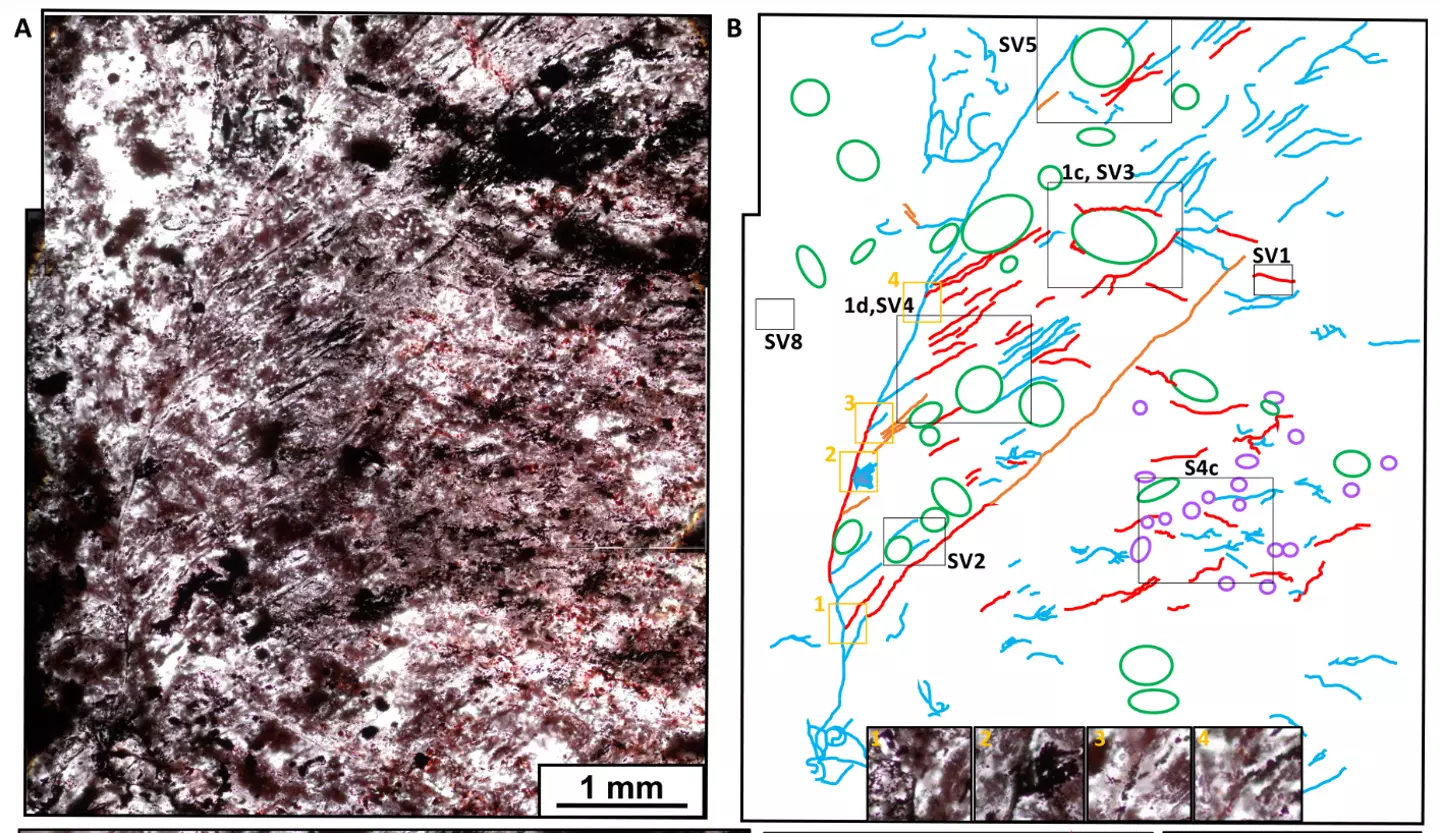
Scientists believe they have found the oldest fossils on the planet and say they could date back at least 3.75 billion years ago.
If this is proven, then it could challenge our understanding of life on our planet and rewrite the history books.
The fossils found in northern Québec, Canada, were collected by Dominic Papineau, an associate professor in geochemistry and astrobiology at University College London (UCL).
Papineau made this discovery while on an expedition to Québec’s Nuvvuagittuq Supracrustal Belt in 2008.
The associate professor, along with researchers at the UCL, published a report in Nature in 2017, which stated the tiny filaments and fibres found in these rocks indicated they could have been made by bacteria.
Advert
They also noted the possibility of earlier life forms than humans initially thought.
While they have suggested the rocks could date back 3.75 billion years ago, there is some suspicion they could be much, much older.
The study questioned whether they could be as old as 4.2 billion years. Now, that would be unbelieveable.
He and his team also published a report in Science Advances this week that said the ‘unprecedented’ findings reveal ‘a diverse microbial ecosystem on the primordial Earth that may be common on other planetary bodies, including Mars’.

While speaking with Vice, Papineau also said: “Overall, it's very exciting because not only do we develop a scientific approach with multiple independent lines of evidence to strengthen the biological origin, we also dismiss the known abiotic reactions.
“These microfossils might actually exist on other ancient planetary surfaces because if the origin of life takes such a short time to develop, and you have this level of complexity, then that brings up a lot of new philosophical questions about the probability that life might have arisen and left these kinds of imprints behind.
“It creates a lot of new opportunities to push back the clock for the origin of life and to search specifically for these kinds of things on other planets.”
The associate professor also disclosed the structure of these fossils supports the possibility of extraterrestrial life and could be used as a gateway into the study of aliens.
“I'm clearly handling some precious stuff,” he said. "They are relics of the very distant past.
"So in a way, it is very humbling because I'm the first human being, the first animal, the first lifeform on this planet, to see these things and to realize what they are.”
Prior to these findings, according to Business Insider, the oldest rocks to date were 3.5 billion fossils found in western Australia.